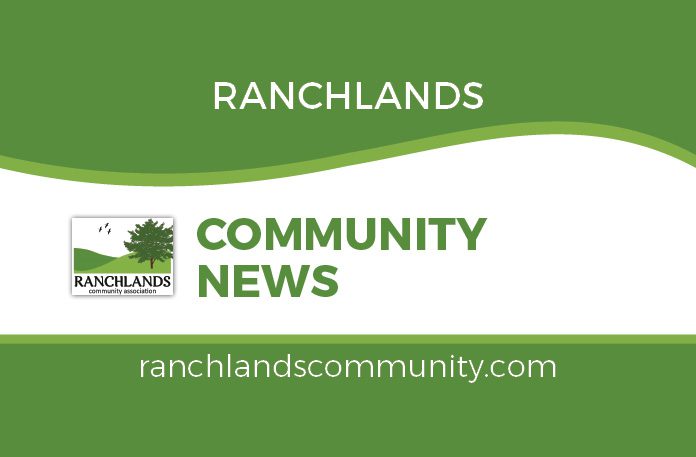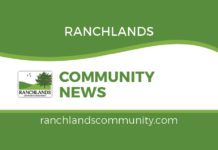Previously, we sat down with Bukola, our Treasurer and lead for bringing the Tax Clinic to our community, to talk about money related decisions between tax time — and it got a lot of people chatting afterwards. So, we thought, why not invite her back for a part two? This time, she’s helping us unpack those different savings and investment accounts you always hear about but don’t always understand.
Q: You know, a lot of people in the neighbourhood ask about saving for things like their kids’ schooling, buying a home, or even retirement. I know there are a bunch of special accounts that can help with those big goals. What can you tell us?
A: Oh yes, those registered accounts! They’re not always easy to make sense of. Though I am happy to walk through some of them.
Q: As a parent yourself, and as we start out another school year, let’s start with kids’ education. What options are worth looking at?
A: This is where the RESP comes in — the Registered Education Savings Plan to help finance young people when they go to post-secondary. Parents and grandparents love this one because the government adds to what you put in. Over time, that “free money” can add up to more than seven thousand dollars. The great thing is, when the money is used for school, most of the taxes are paid at the student’s rate — and students don’t usually make much income, so the tax bill is tiny. The trick is to start early and put in a bit regularly so you can get the maximum grant.
Q: We know in our community, there are families caring for a child or young adult with a disability, who may not go to university? Are there options for them?
A: Then the RDSP — Registered Disability Savings Plan — is worth knowing about. Honestly, it’s one of the most generous plans out there and really gives the assurance of long-term financial security. The federal government can match what you put in – up to $90,000 over a lifetime and until the beneficiary turns 59. To be eligible the person with the disability must qualify for the Disability Tax Credit. But here’s the sad part: a lot of families miss out simply because they don’t know about it. It really is so easy – and opening an account can be the start of the grant funding coming in.
Q: Okay, let’s talk retirement. That’s the one most people hear about, right?
A: Exactly, the RRSP. You get a tax deduction when you put money in, and your investments grow without being taxed until you retire. Ideally, you save while you’re earning more and pay the tax later when you’re in a lower bracket. Plus, RRSPs let you borrow from yourself for a first home or for school. Just don’t over-contribute or pull money out too soon — that can cost you. RRSPs also have special programs like the Home Buyers’ Plan and Lifelong Learning Plan, which allow you to borrow from your savings for a first home or education without immediate tax consequences.
Q: Speaking of homes, there are a lot of new people moving into Ranchlands and others who are renting who would love to buy their first home but getting that downpayment can be challenge. What options do they have?
A: The best bet is the First Home Savings Account, sometimes called the RHOSP. It’s a mix of the RRSP and the TFSA. You get a tax break when you put money in, and if you use it to buy your first home, the withdrawal is totally tax-free. You can put in up to eight thousand a year, up to a total of forty thousand. The only catch is you can’t carry forward unused room forever — so it pays to start.
Q: I remember you talking about setting aside money for a rainy day, or a trip or something special. Is it good to put money in a jar?
A: You could but probably better to open a regular savings account— it’s flexible and easy. But the interest is taxed, and with prices going up, it doesn’t always keep pace. Good for emergencies or short-term plans, but not for long-term goals.
Q: So really, it sounds like the trick is matching the account to what you’re saving for.
A: That’s it in a nutshell. Start sooner rather than later, pick the right account for your goal, and don’t leave government money on the table. Each one of the options we have talked about makes your money work harder through tax benefits, government incentives, and the power of compounding. These aren’t just for “finance people.” They’re tools that everyone can use to get a little further ahead.
We’re grateful to Bukola, for helping us break down these accounts in plain language. Her work makes it easier for our community to understand the ins and outs of saving and to know what options are out there for us.
Click here to the Ranchlands Community News home page for the latest Ranchlands community updates.










